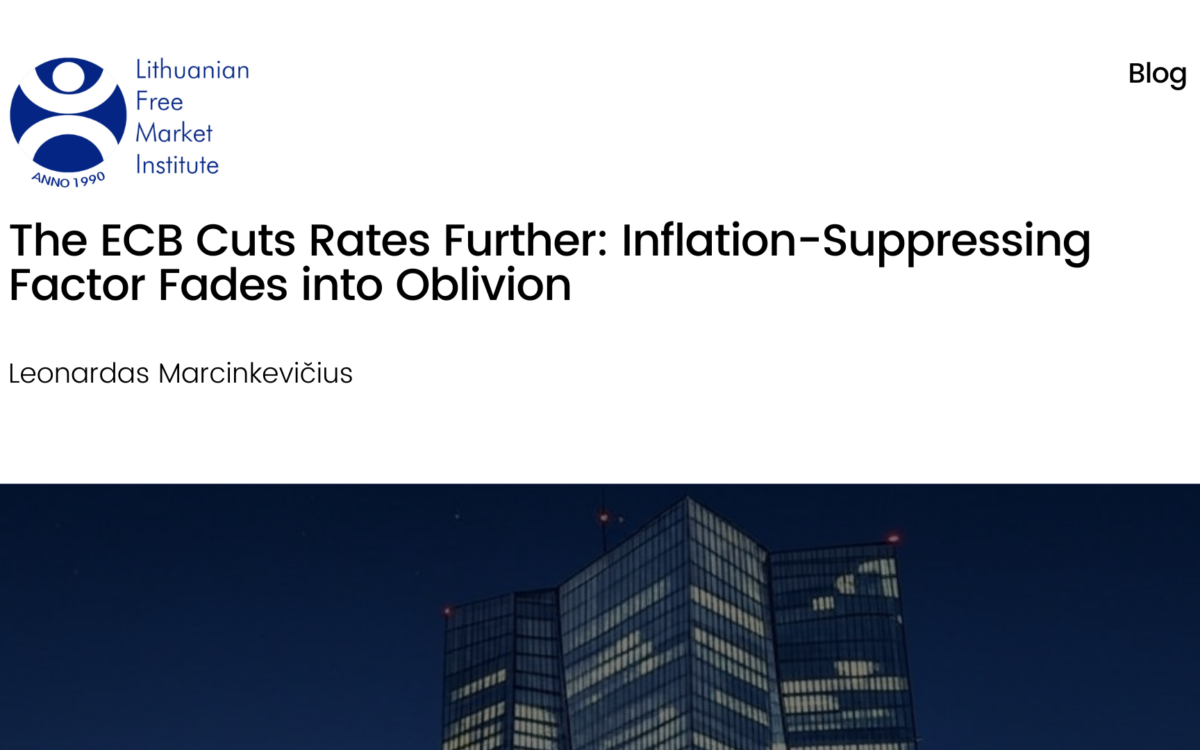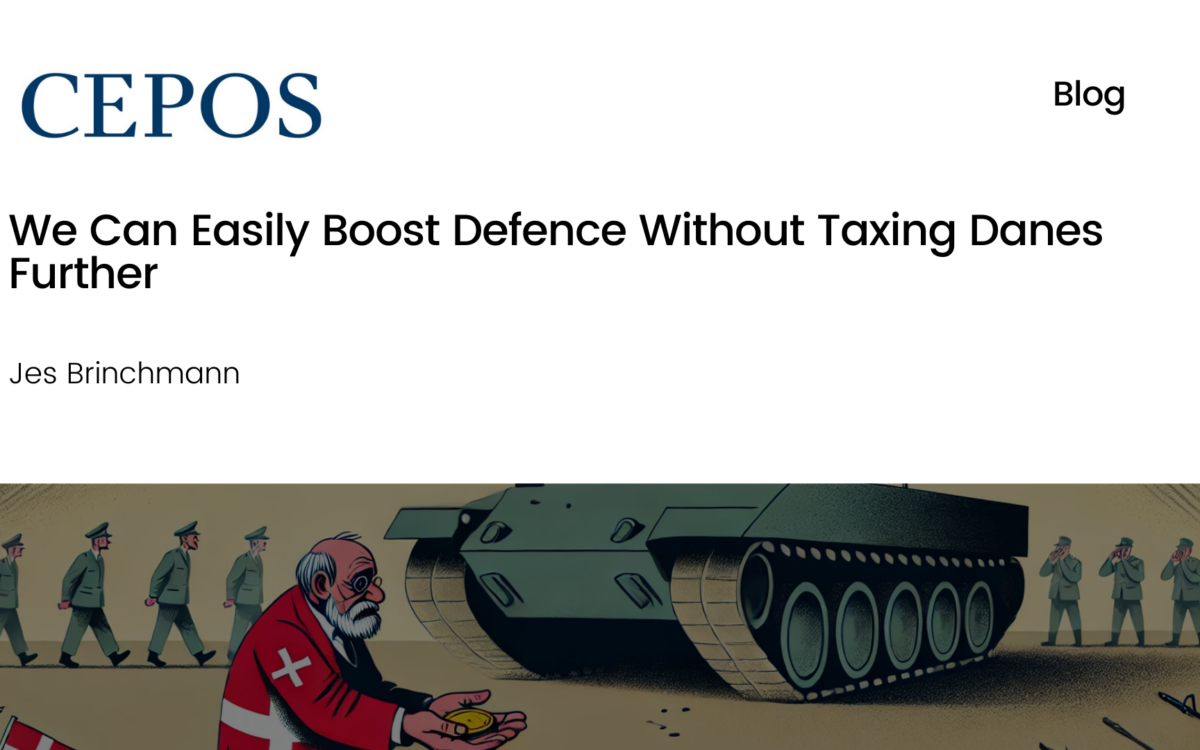Meddling With the Price Mechanism Will Become a Costly Lesson

Meddling With the Price Mechanism Will Become a Costly Lesson
Jonas Herby // 23 September 2022
Inflation is soaring and the Danes are currently seeing their economic prospects being eroded by events beyond their control. The enthusiastic money-printing at the European Central Bank during the COVID-19 pandemic has led to core inflation, the likes of which have not been seen since the early 80s. The war in Ukraine and several supply problems, in combination with an energy policy that lowers the flexibility of the energy system, have led to large increases in the price of energy.
Politicians’ responses to these problems have increasingly been proposals for either direct or indirect price control. The Danish government and supporting parties have agreed to limit rent increases. Simon Kollerup, Minister for Industry, Business and Financial Affairs, will carry out “comprehensive price checks” on, among other things, daily goods, which is difficult to interpret as anything other than the fact that the minister of business believes that companies are cheating on the scales. Additionally, the president of the EU Commission, Ursula van der Leyen, has made vague statements about wanting to decouple the price of natural gas from electricity prices.So far, the proposals have been so imprecise that it is difficult to criticize them directly, but as the intervention on rents shows, the ideas can quickly become reality.There is reason, however, for economists to sound the alarm when politicians intend to intervene in the market’s price formation to pursue redistributive policy goals. Prices have three functions in a market economy, of which the distribution of goods is only one. In addition to determining the distribution of income, prices transmit information and incentivise the use of the least costly methods of production, thereby ensuring the efficient use of resources. The three functions of prices are closely linked.
Assume that, for whatever reason, there is a smaller supply of electricity – for example, because nuclear power plants have been closed. The gas power plants will find that they can sell more electricity produced using gas, for which they will order more gas from their suppliers. To secure a larger supply of gas, they will have to offer higher prices for the gas. The higher prices will cause the suppliers to increase their supply (in the short term, by increasing production to the maximum in current fields or increasing imports from abroad; in the long term, possibly by investing in expanding gas fields). To attract more workers to the gas industry, they will have to offer higher wages or better working conditions. At the same time, the higher prices will give citizens and businesses an incentive to save on gas. Some turn down the heat and production, while others may switch to other forms of energy. With an increased demand for other energy sources, the same will repeat with higher prices and increased production.
In this way, ripples are spread over ever-widening circles, and the price changes transmit the information to people across the world that there is a greater demand for gas – or, more precisely, for some product they are involved in producing – for reasons they may not know and may not need to know.
If politicians intervene in price formation, they destroy this fine mechanism. If they put a cap on rent, the market will not receive the necessary information and incentives to ensure a sufficient supply of rental housing. If a cap is placed on electricity prices, the market will not be able to find ways to supply electricity to citizens and businesses. The result of price interventions is almost always a shortage of goods or services – a lack of rental housing, electricity, and everything that is important to citizens – due to price meddling by politicians.
I understand very well that, as a politician, you want to compensate citizens for price increases. It is not the citizens’ fault, and, at the same time, the price increases do not affect everyone equally. However, for God’s sake, don’t interfere with the prices! They perform functions that are far, far too important and complex to be managed through price caps.
Moreover, such a distribution policy will be enormously imprecise. For example, analysis from the Danish Economic Councils and the Danish Research Institute for Economic Analysis and Modelling shows that those with the highest incomes achieve the greatest gains from rent regulation. If politicians want to carry out a distribution policy, it should therefore be done through systems that are best suited for this, that is, income transfers and taxes.
Whether Denmark – one of the countries in the world that redistributes the most – should redistribute further due to a temporary crisis is a political question. However, if necessary, this should be done in a targeted manner and without interfering unnecessarily with market prices.
The Danish original was published by CEPOS and translated by Henrik M Nielsen.
EPICENTER publications and contributions from our member think tanks are designed to promote the discussion of economic issues and the role of markets in solving economic and social problems. As with all EPICENTER publications, the views expressed here are those of the author and not EPICENTER or its member think tanks (which have no corporate view).



